Characterisation of wastewater and WWT processes
The detection, identification and quantification of micropollutants in wastewater, coastal, continental and transition waters is among the services offered by the CALAGUA group. Our analysis techniques can determine the removal rate of these substances in WWTP processes and assess the quality of the surface waters that receive the outflows from these plants.
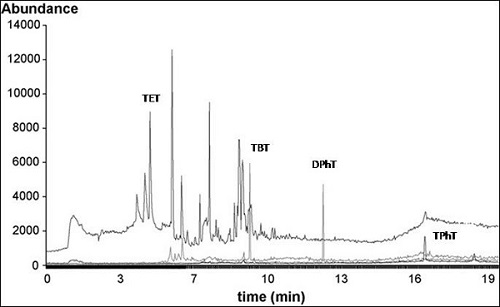
Our analyses can also detect the presence of micropollutants in different matrices (wastewater, sludge, and continental, coastal and transition waters, also in sediments and biota), mainly by solid phase microextraction, gas chromatography separation, capillary liquid chromatography and mass spectrometry quantification, electron capture and diode array.
The services provided by CALAGUA group also include the microbiological analysis of biological treatment systems, applying the FISH technique with image analysis and qPCR analysis to quantify specific bacterial groups.
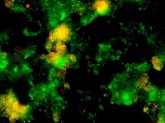
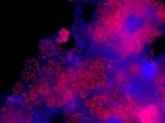
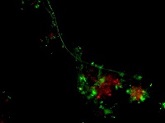
Bacterial groups of interest can be detected and quantified in this way, including those of: ammonium-oxidation, nitrite-oxidation, denitrifiers, poly-phosphate accumulating and glycogen accumulating organisms, sulphate reducers, methanogenic archaea, etc. Cellular viability can also be determined by fluorochrome combination to analyse the integrity of the membrane and flow cytometry.
The services offered by the CALAGUA group include characterisation of the wastewater and biomass generated in WWTP processes, as well as determination of the kinetic and stoichiometric parameters in WWTP simulator models.
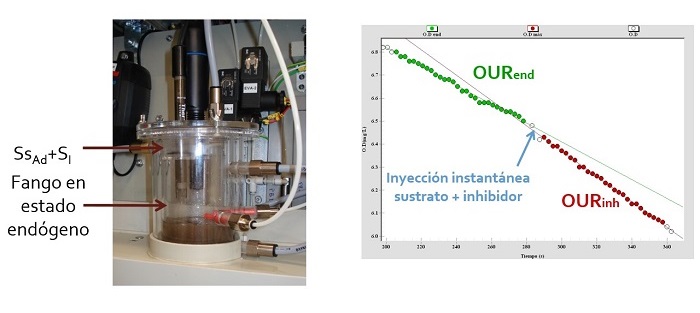
For this, CALAGUA has developed different off-line tests for kinetic and stoichiometric parameters of WWTP simulators and automated the tests required for their calibration by means of the BioCalibra device.
CALAGUA can offer individual treatment of cases, tailor-made to the characteristics of the wastewater processed in a given WWTP.



